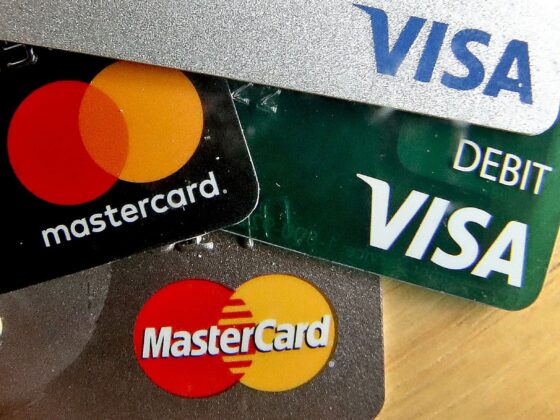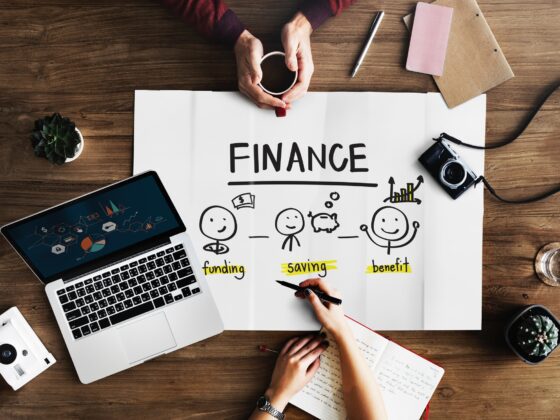Debt is a word that resonates deeply with many of us, especially in today’s economic climate. As someone with extensive experience in trading and investment blogging, I’ve seen firsthand how debt can fuel and hinder financial progress. Today, we’re diving into a pressing issue: Americans racking up a staggering $1.14 trillion in credit card debt. By the end of this post, you’ll gain valuable insights into managing debt, understanding its implications, and strategies to regain control of your finances.
The Budget: Your First Line of Defense Against Debt
Creating and maintaining a budget is crucial for managing debt. A budget helps you track your income and expenses, ensuring that you live within your means and can allocate funds towards debt repayment.
Personal Anecdote: When I started trading, I neglected to budget properly, leading to mounting debts. By prioritizing my spending and adhering to a strict budget, I paid off my debts and built a stable financial foundation.
Tips for Effective Budgeting:
- Track Every Expense: Use apps or spreadsheets to record all your expenses.
- Categorize Spending: Divide your expenses into needs (rent, groceries) and wants (dining out, entertainment).
- Set Realistic Goals: Allocate a portion of your income towards debt repayment and savings.
- Review Regularly: Adjust your budget as needed to reflect changes in income or expenses.
The Debt Dilemma: Understanding the Impact
Debt, especially credit card debt, can have far-reaching consequences. It affects not only your financial health but also your mental well-being. Rising credit card debt in the U.S. has hit a record $1.14 trillion, a clear sign of economic strain and consumer reliance on credit.
Personal Anecdote: Many of us turned to credit cards to make ends meet during the pandemic. My own credit card balance soared as I juggled various expenses. It was a wake-up call to reassess my financial habits.
The Implications of High Debt:
- High Interest Rates: Credit card debt often comes with high interest rates, making it difficult to pay off the principal amount.
- Credit Score Impact: High debt levels can lower your credit score, affecting your ability to secure loans or mortgages.
- Mental Stress: Constant worry about debt repayment can lead to anxiety and stress.

Actionable Tips to Manage and Reduce Debt
1. Consolidate Your Debts:
Debt consolidation involves combining multiple debts into a loan with a lower interest rate. This simplifies repayment and can reduce the total interest paid.
Personal Anecdote: I consolidated my credit card debts into a single loan, significantly lowering my monthly payments and helping me manage my finances better.
2. Negotiate Lower Interest Rates:
Contact your credit card issuer to negotiate a lower interest rate. A lower rate can save money and help you pay off your debt faster.
Personal Anecdote: I reduced my interest rate from 20% to 15% by negotiating with my credit card company, which significantly improved my repayment plan.
3. Adopt the Snowball Method:
The snowball method involves paying off the smallest debts first while making minimum payments on larger debts. This approach can build momentum and motivation as you see quick wins.
Personal Anecdote: I used the snowball method to clear smaller debts first. The sense of accomplishment kept me motivated to tackle larger debts.
4. Increase Your Income:
Consider side hustles or part-time jobs to boost your income. Additional earnings can be directed towards debt repayment.
Personal Anecdote: In my spare time, I took on freelance projects, and the extra income went directly towards paying off my credit card debt.
5. Cut Unnecessary Expenses:
Identify and eliminate non-essential expenses. Redirect the saved money towards paying off your debts.
I reduced dining out and entertainment expenses, redirecting those funds to my debt repayment plan.
Debt can feel overwhelming, but you can regain control of your finances with a clear plan and disciplined approach. You can work towards financial freedom by understanding the importance of budgeting, recognizing the implications of high debt, and implementing actionable strategies.
As someone who’s navigated the highs and lows of debt, I can attest to the power of informed decision-making and persistence. Remember, the journey to financial stability is a marathon, not a sprint. Take the first step today and start implementing these strategies.
Ready to manage your debt? Review your budget and explore our comprehensive guides on debt management. Visit our Debt section for more tips and tools to help you achieve financial freedom.











